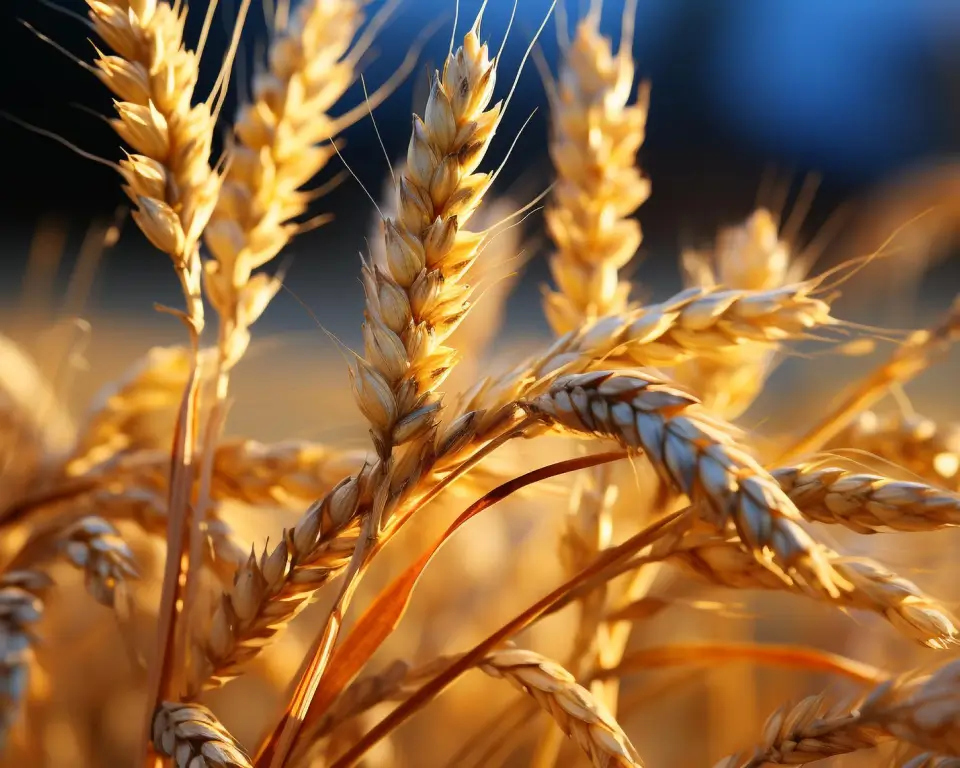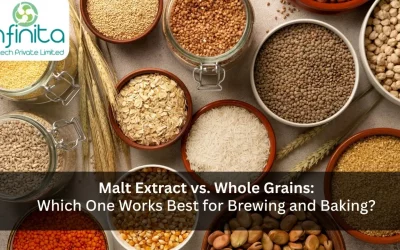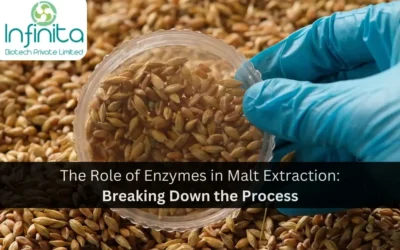Importance Of Enzymes In Malt Extraction
Any social gathering is said to be incomplete without intoxicating drinks (beer and wine). Form centuries, both beverages are produced by yeast fermentation of sugars. Grapes are ideal for wine and barley is the basic ingredient for beer. Matured grapes contain the sugars needed for fermentation in ample amount. While barley contains starch that has to be weakened to fermentable sugars before, the yeast can make alcohol. For that, ancient production contains a further step compared with wine making, namely malting during which enzymes needed for the degradation of starch into fermentable sugars are produced. This article mentions the importance of enzymes in malt extraction.
What Are Enzymes?
Enzymes are complex organic substances that act as catalysts, i.e they accelerate the pace of a chemical reaction whilst their composition remains unchanged at the end of it. Usually, they are highly particular about the promotion of hydrolysis of proteins and polysaccharides into simpler substances. Each enzyme will act frequently on only one substrate.
How Is Malt Extraction Done? Why Are Enzymes Important In The Process?
Barley or wheat is soaked in water and left to germinate for five to six days. Eventually, the germination is stopped by kilning (heating). The mash begins its fermentation process from here.
The most important process of the mash is that of the conversion of starches to sugars. Along with germination, the stage of malting the formation of many enzymes is promoted and dependent upon the moisture and oxygen content of the barley. The starch to sugar conversion is made possible because of some handy enzymes. Among these, Alpha amylase and Beta amylase make the top of the list.
Alpha Amylase activates when your mash is sitting between 150-160˚F. At these temperatures, it converts starches into complex sugars (which yeast features a much harder time fermenting). If your mash is within this temperature range, the beer comes out to be sweeter because of the high amount of sucrose. In the mash, calcium is important for the stabilisation of α-amylase, one among the foremost important enzymes within the brewing process. Most enzyme activity is started within the malting. The barley is steeped to enhance the moisture content and oxygenated to market enzyme activity within the aleuronic layer, all this is done under controlled temperature conditions. The barley is then set to germinate and modification of the barley to malt occurs.
The starchy endosperm of the barley contains enzymes such as ß-amylase (beta), exo-peptidase and carboxy-peptidase, which are activated during malting. The formation and activation of the stated enzymes are promoted by the increasing moisture and oxygen during the steep and is then stored by the kilning. Good kilning puts the enzymes into ‘suspended animation’ until they are re-activated within the early stages of the mash, instead of destroying them. Beta amylase triggers when your mash is sitting at the range of 130-150˚F. At these temperatures, it converts beta glucan into simpler substances which yeast can easily ferment. The survivability of ß-glucanase is less at malting temperatures, as it is very heat labile. It is therefore essential to urge the maximum amount ß-glucan break down during malting as possible since it will cause interruptions later within the process by increasing viscosity and wort run-off times and by causing hazes. If your mash is within this temperature range, you will find yourself with a drier beer that is easy to digest.
Furthermore, enzymes like Trizyme help in reducing product viscosity and run-off times, beer fining performance and head retention. Malt extract adds nutrition and flavour to baked goods and beverages. This brief study about malt extraction will help you to understand the importance of enzymes in malt extraction.

 Summarize this Article with AI
Summarize this Article with AI






